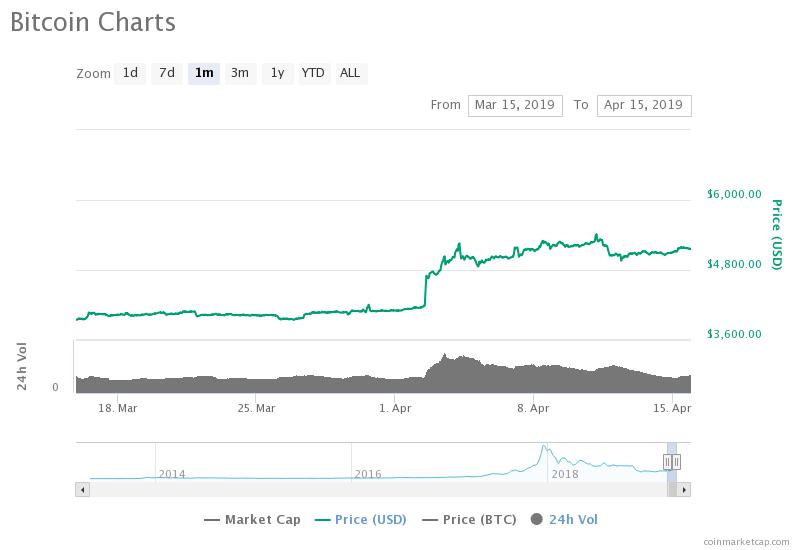Shock Survey: 94% of Endowments ALREADY Invested in Crypto Industry
By CCN.com: While bitcoin bears gleefully proclaim that Wall Street will never embrace crypto, the evidence shows that major institutional investors already have.
Survey: 94% of Endowments Have Exposure to Crypto Industry
Global Custodian and The TRADE Crypto in partnership with BitGo found in a survey that 94 percent of 150 endowments invested in crypto initiatives in the past year amidst an intense bear market.
The survey discovered that 141 endowments have invested in the crypto market in the last 12 months, indicating a noticeable increase in institutional demand in the asset class.
Jonathan Watkins, managing editor, Global Custodian and The TRADE, said:
“It’s fascinating to see that despite the widely-publicised concerns around regulation, custody and liquidity, endowments have been factoring crypto-related investments into their allocations, and very few are showing intentions of stepping away. All the talk over the past 18 months has been around when institutional investors will begin participating in cryptocurrency investments, but it turns out they had already arrived, in the form of endowment funds.”
Investment firms such as Grayscale and Morgan Creek Digital also reported an increase in the inflow of capital from institutions in recent months.
In 2018, Grayscale’s quarter 4 report noted that 66 percent of all investments in its investment vehicles such as the Bitcoin Investment Trust came from institutional investors.
Why Did Institutional Demand Rise During an Intense Crypto Bear Market?
Previously, speaking to CoinTelegraph, Gabor Gurbacs, a digital asset strategist and director at VanEck, stated that the price of bitcoin or other crypto assets is not a concern for institutional investors.
Rather, for institutions, the structure and the transparency of investment vehicles or custodial services that are available in the cryptocurrency market is of the utmost importance in engaging in any investment in the sector.
“Large financial institutions are more focused on proper market structure than short term price fluctuations. How do we properly value digital assets? How do we custody digital assets? Are their ETFs available with proper market and investor protections? Most large institutions do not really care if Bitcoin ends 2019 at 3,000 or 10,000. I think market structure is getting better every day and crypto start to look more and more like the commodities and equities markets,” Gurbacs said .
Recently, with the decision of major financial institutions such as Fidelity to offer regulated cryptocurrency custodial services, it has arguably become more secure for institutions and family offices to commit to the asset class.

Perhaps more importantly, as Xapo CEO Wences Casares said, it is possible that the activity in the crypto industry following an 80 percent decline in value may have served as evidence to investors that the asset class and the industry that surrounds it is not a fad.
As Casares said in his essay entitled “The case for a small allocation to Bitcoin,” the dominant cryptocurrency has a solid chance of succeeding after a decade of operating without interruption and a consistent increase in the number of users.
“But after 10 years of working well without interruption, with more than 60 million holders, adding more than 1 million new holders per month and moving more than $1 billion per day worldwide, it has a good chance of succeeding,” Casares noted .
Will Institutions Fuel the Next Bitcoin Wave?
CCN.com recently reported that Harvard Endowment invested in Blockstack, a company behind the digital asset Stacks Token.
Alternative cryptocurrencies present a more risky investment option over bitcoin because of the question on their longevity and survivability. Yet, institutions are seemingly taking risky bets within the cryptocurrency market as well as investments in bitcoin, indicating that the confidence of institutions remains relatively higher than before.
The 2017 bull market was primarily fueled by retail investors that brought the valuation of bitcoin to around $20,000. It remains to be seen whether the next wave of bitcoin bulls will be led by institutions.